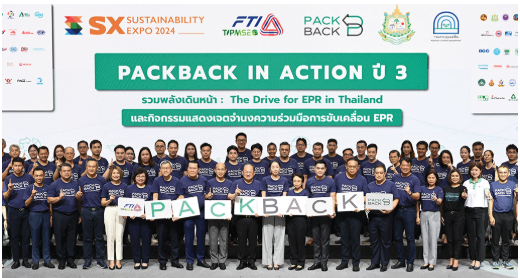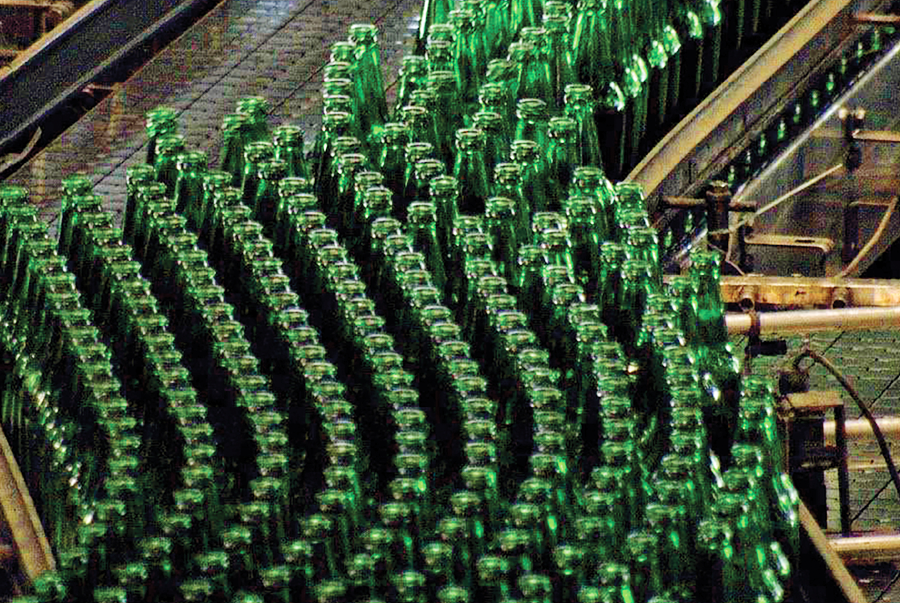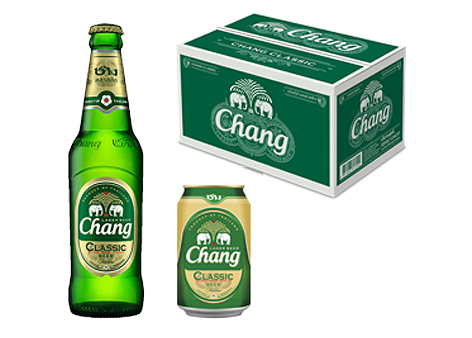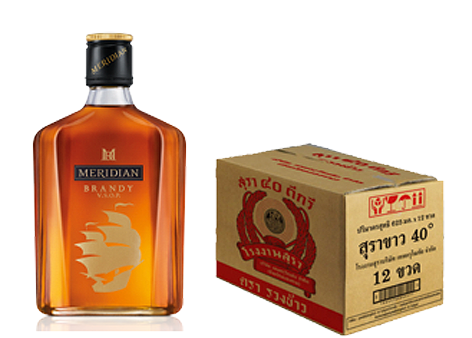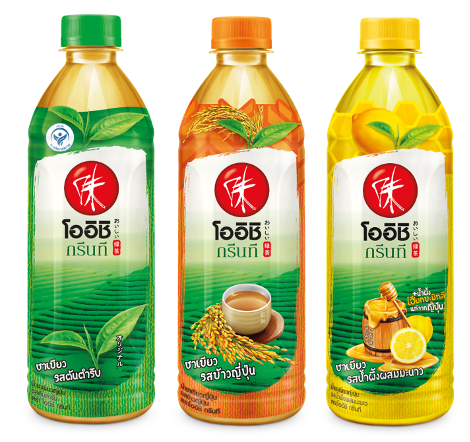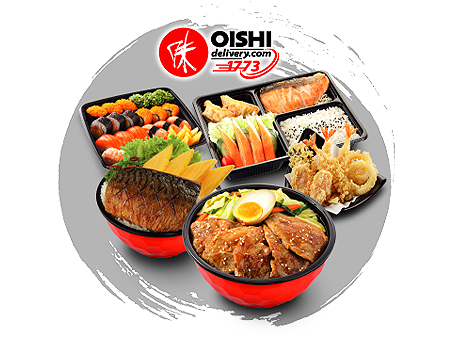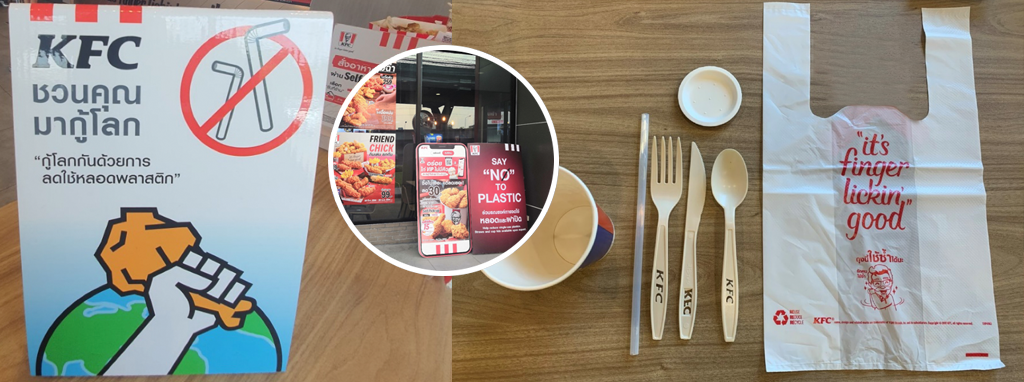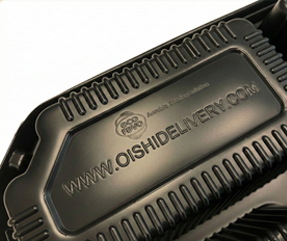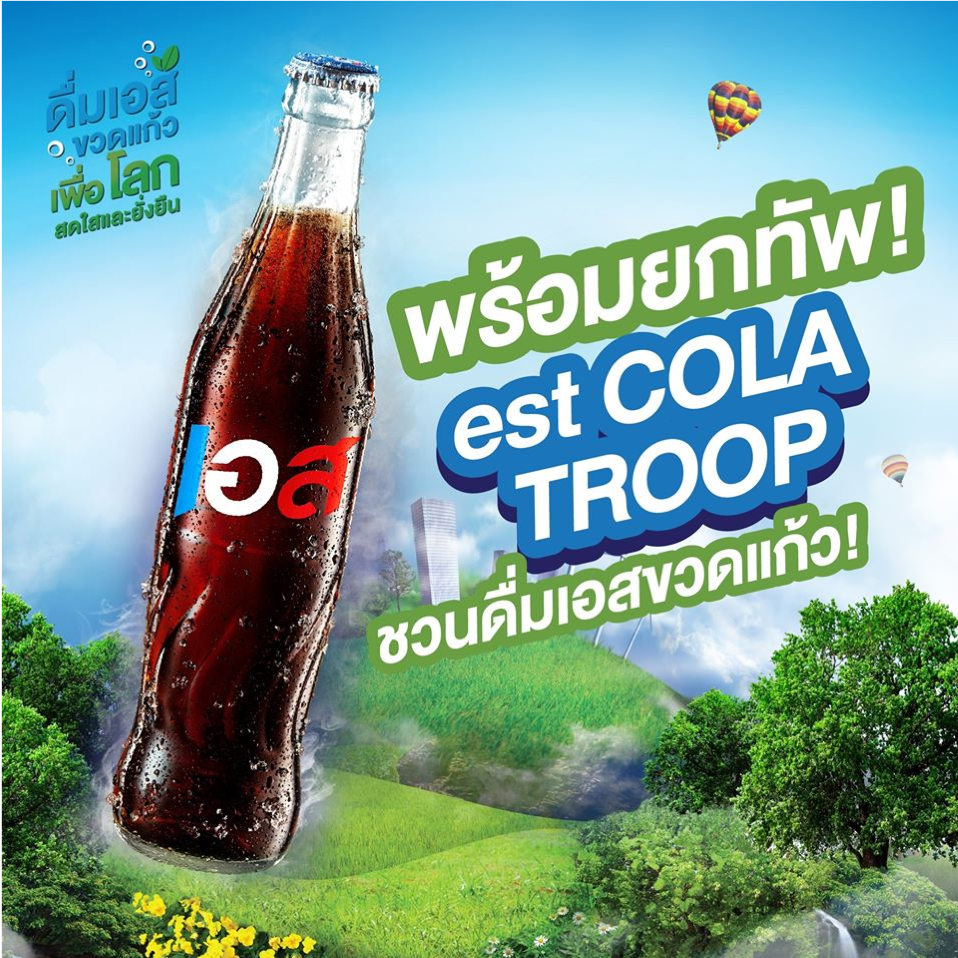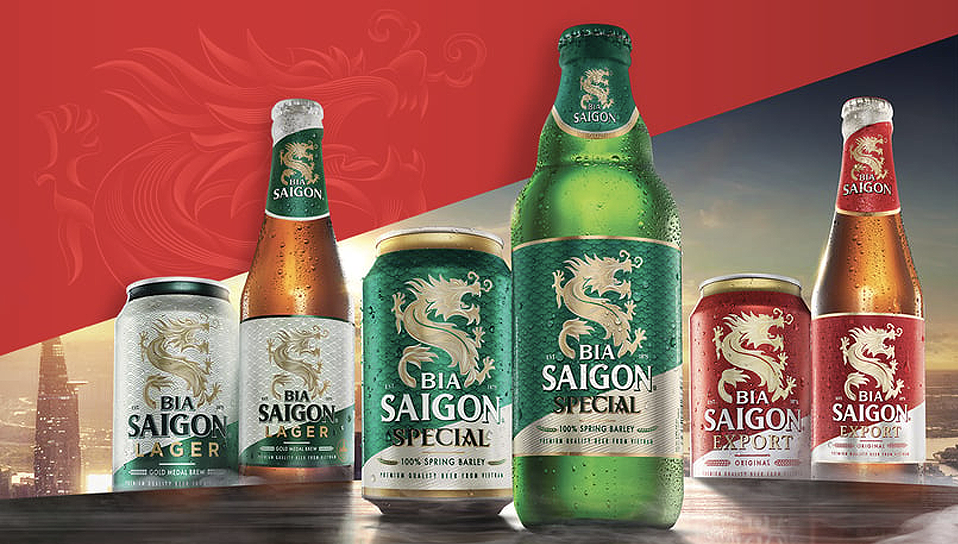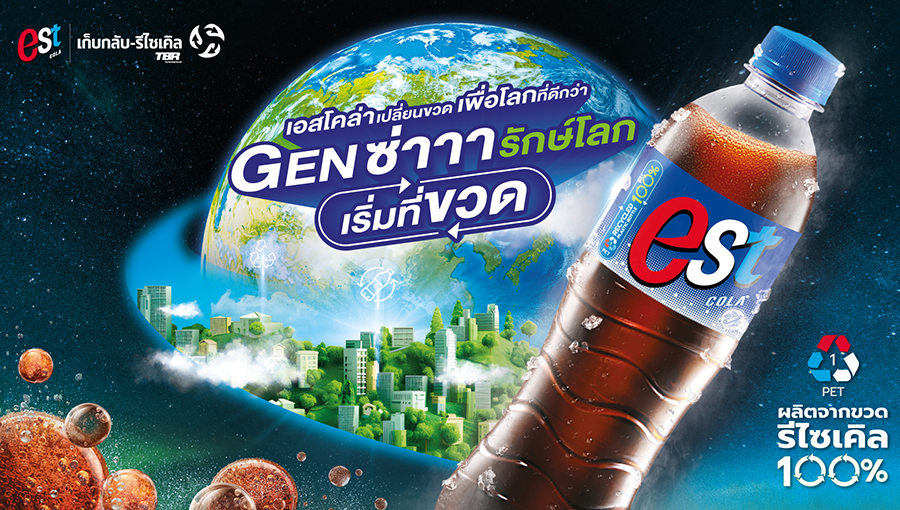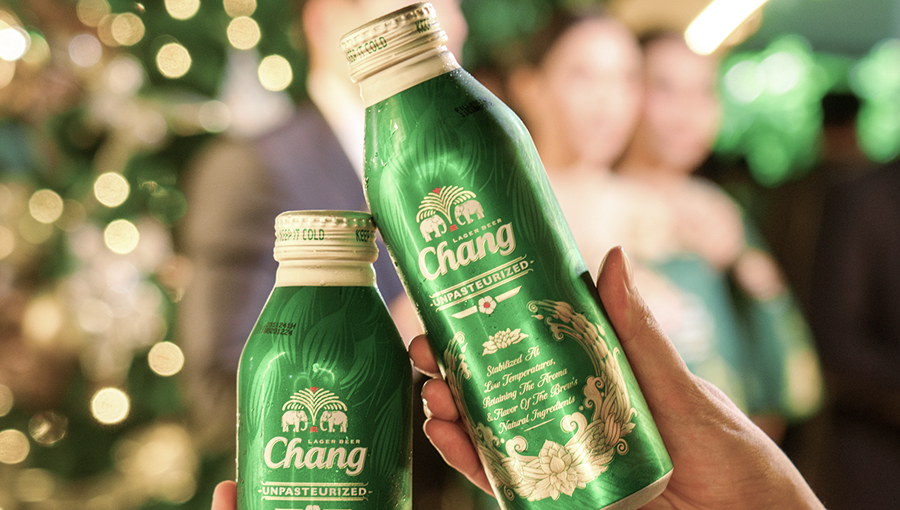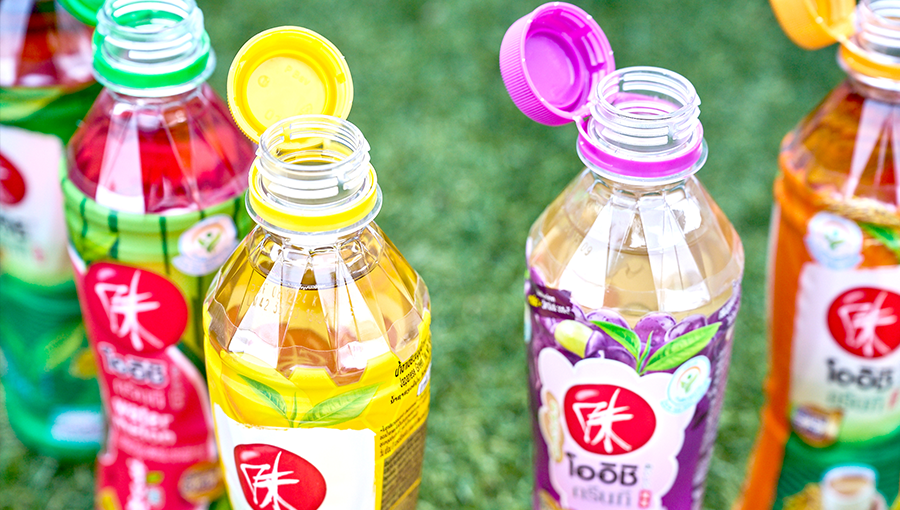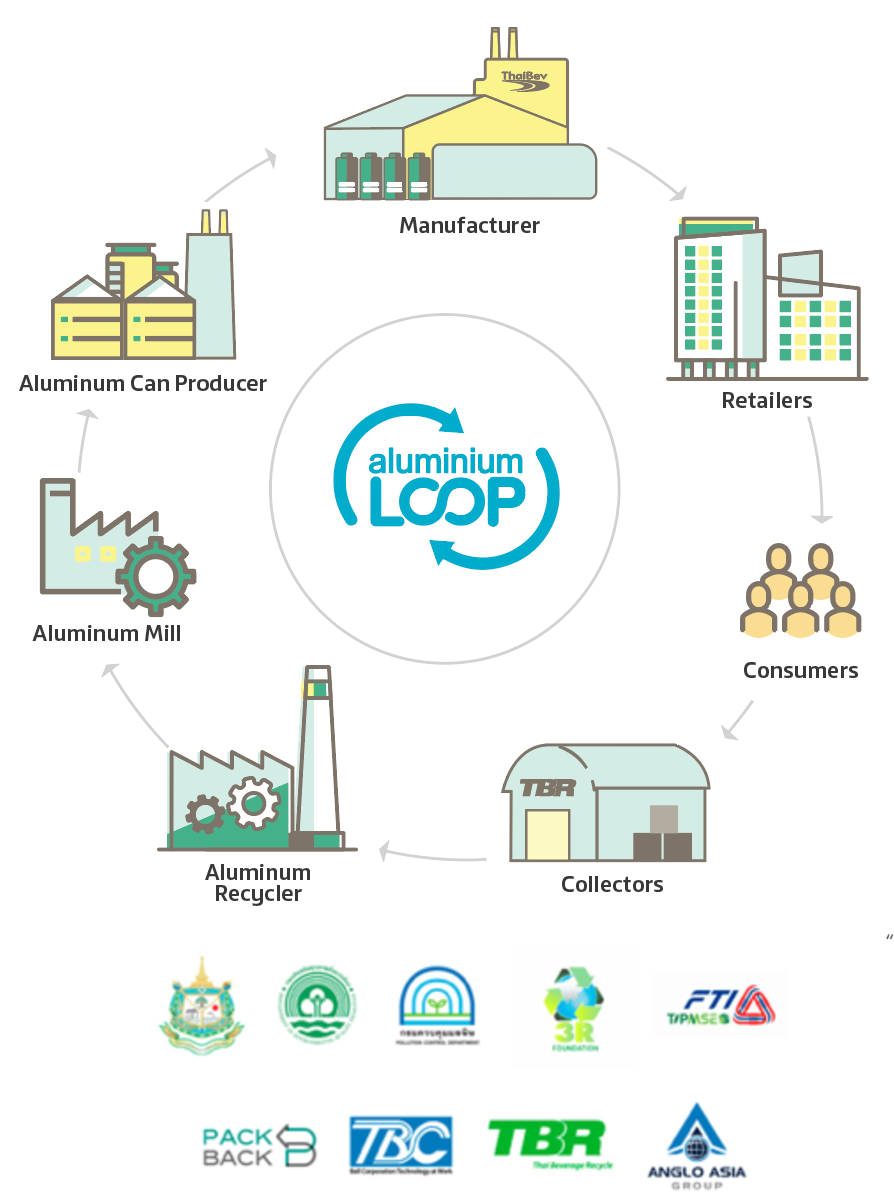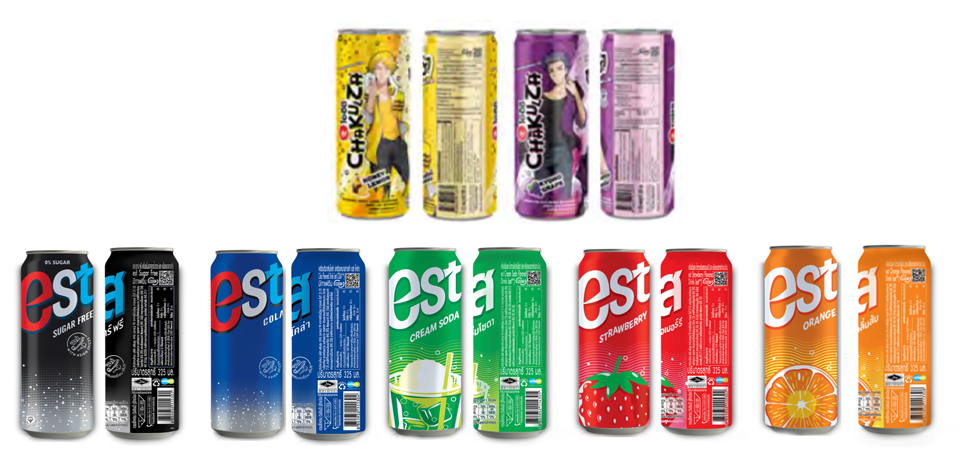ThaiBev drives sustainable packaging management through a holistic approach, engaging stakeholders across our value chain, including suppliers, private-sector partners, public organizations, and end consumers. ThaiBev is a key partner of the Thailand Institute of Packaging and Recycling Management for a Sustainable Environment (“TIPMSE”) under the Federation of Thai Industries (FTI), with our executives serving as TIPMSE’s President and Vice President. Additionally, as a co-founder of the Thailand Supply Chain Network (“TSCN”), ThaiBev collaborates to advance sustainable packaging practices. Moreover, Since 2019, TBR has championed post-consumption recycling through its Bring Back–Recycle program, featuring campaigns, waste management training, and drop points at schools, offices, and events. These efforts underscore our commitment to fostering a circular economy and advancing long-term sustainability.
ThaiBev’s operations in Thailand has actively collaborated with Thailand Institute of Packaging and Recycling Management for a Sustainable Environment (TIPMSE) under the Federation of Thai Industries (FTI) in the development of the Extended Producer Responsibility (EPR) scheme in Thailand. Under the EPR concept, producers are responsible for the environmental impacts of their products and packaging throughout their entire life cycle, including the post-consumption stage.
In 2024, TIPMSE engaged with 149 parties to lay the foundation for post-consumption packaging to be returned to the recycling loop. On 2 October 2024, at Sustainability Expo 2024, government and private-sector organizations convened for the “PackBack in Action: The Drive for EPR in Thailand” event, which aimed to accelerate the adoption of EPR. The event focused on promoting the efficient use of natural resources and the reuse and recycling of post-consumption packaging in Thailand.
In Vietnam, SABECO has taken proactive steps to align with EPR, including collaboration with the Ministry of Natural Resources and Environment, local authorities, associates, and internal departments, to ensure understanding of and compliance with EPR requirements. Additionally, SABECO has analyzed and selected a fully authorized party, PRO-Vietnam, for recycling efforts.
